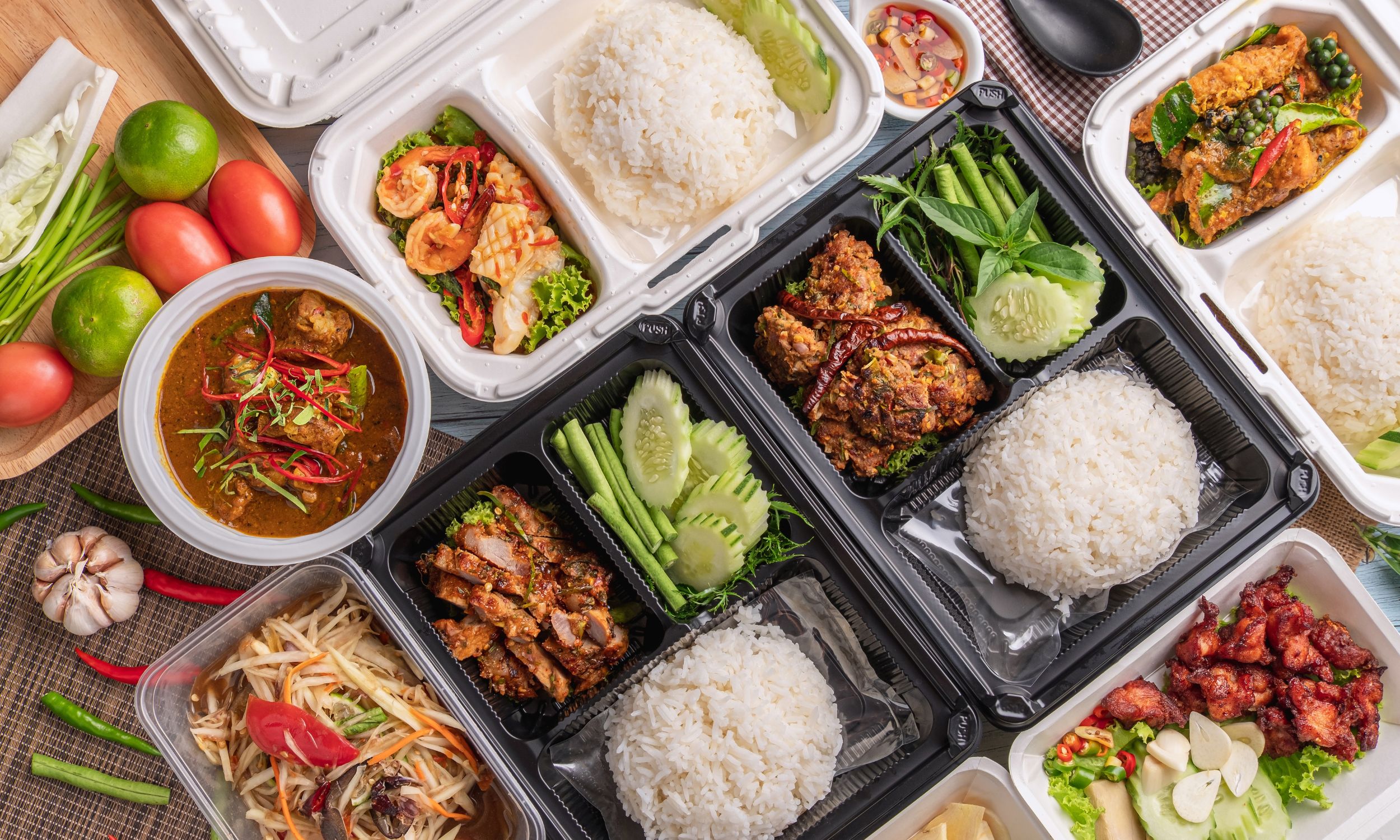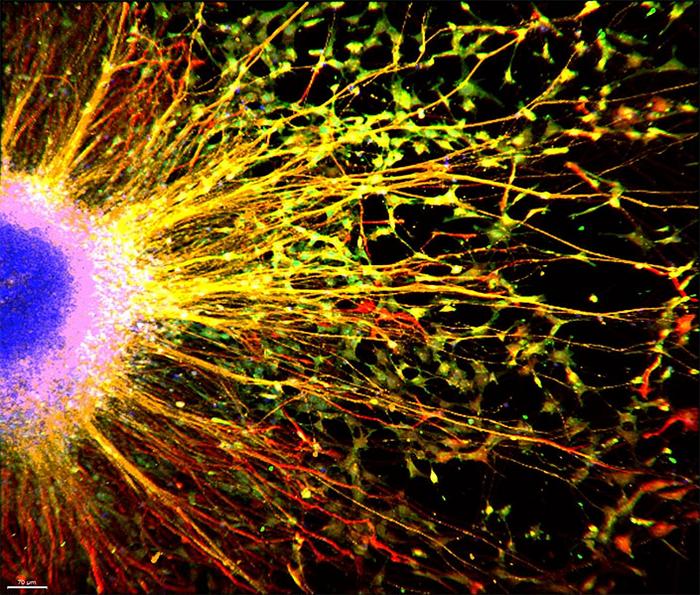You grab a snack, tear open the package, and munch away. But have you ever wondered what might be slipping into your food? Synthetic chemicals sneak in through packaging, processing, and storage. You can’t see these chemicals, but they are there, and they’re raising serious health concerns.
A study published in the journal Nature Medicine dives into the hidden world of food contaminants.

The research was not just focused on preservatives and additives. The team studied chemicals that come from food packaging and contact materials – the plastics, metals, and papers that wrap, store, and process what we eat.
Synthetic chemicals in food
Synthetic chemicals are gatecrashers in our food system. They don’t come from ingredients. They come from the packaging, the containers, and the processing equipment.
Bisphenols, phthalates, PFAS – these chemicals don’t just sit there. They migrate, moving from plastic wrap into your sandwich, from the can lining into your soup.
It turns out, the more ultra-processed foods you eat, the higher your exposure. These foods aren’t just packed with artificial flavors and preservatives. Ultra-processed foods are also packed in materials that leach synthetic chemicals.
Chemicals hidden in food packaging
Your meal passes through four critical stages before landing on your plate. The first stage is transportation, where food sits in containers lined with synthetic materials, allowing chemicals to leach into it.
Next comes processing. Here, machines made from plastic and metal come into direct contact with the food, increasing the risk of contamination.
The third stage is packaging. Plastic wraps and aluminum cans may seem harmless, but they can act as chemical conduits, allowing synthetic substances to migrate into the food.
Finally, there is preparation. Heating a plastic-wrapped meal in the microwave can exacerbate chemical leaching, effectively delivering those contaminants straight to your table.
Synthetic chemical delivery system
Ultra-processed foods are engineered for taste and convenience, but they’re also perfect carriers for synthetic chemicals.
Foods that come in contact with synthetic materials during every stage of production are more likely to end up with higher chemical loads. And that’s not all.
The study connects these contaminants to serious health issues – cancers, heart disease, metabolic disorders, and more.
Public health blind spot
Jane Muncke, the study’s lead author from Food Packaging Forum Foundation, said that the evidence is becoming more clear that today’s packaged ultra-processed foods contain many synthetic chemicals and microplastics from various sources.
The presence of these chemicals is well-documented, and their harmful effects are clear. Yet, regulatory frameworks remain inadequate, barely addressing the full scope of the problem.
Outdated testing methods
Testing for these chemicals isn’t as straightforward as it sounds. Most testing methods are outdated, designed for known contaminants.
But what about the ones we haven’t identified yet? The study pushes for more advanced testing methods that can catch emerging chemicals and microplastics before they slip through regulatory cracks.
Packaging is supposed to protect food. But what if it’s doing the opposite? Plastic containers, metal cans, and even paper wrappers can all leach chemicals into food.
Redesigning these materials for safety isn’t just a nice idea – it’s a necessity. The study urges policymakers to push for safer, more sustainable packaging alternatives.
Rethinking food safety
Muncke explained that there’s a broader issue – one that extends beyond just individual chemicals. She noted that the health impacts of this type of food contamination are currently under-appreciated and under-studied.
“The scientific evidence shows a need for adopting a holistic approach to policymaking, that integrates considerations of planetary and human health, including hazardous FCCs and their impacts on health,“ said Muncke.
“All food packaging, processing equipment, and other food contact materials need to be adequately tested for their safety with regard to migrating food contact chemicals and microplastics using modern testing methods.”
Where do we go from here?
If we keep eating ultra-processed foods, we keep ingesting synthetic chemicals. The study lays it out clearly – we need safer packaging, stricter testing, and stronger regulations. But we also need to rethink what we eat.
Ultra-processed foods might be convenient, but they come with invisible risks. Maybe it’s time to take a closer look at that snack in your hand and consider what may be hiding inside.
The study is published in the journal Nature Medicine.
—–
Like what you read? Subscribe to our newsletter for engaging articles, exclusive content, and the latest updates.
Check us out on EarthSnap, a free app brought to you by Eric Ralls and Earth.com.
—–









